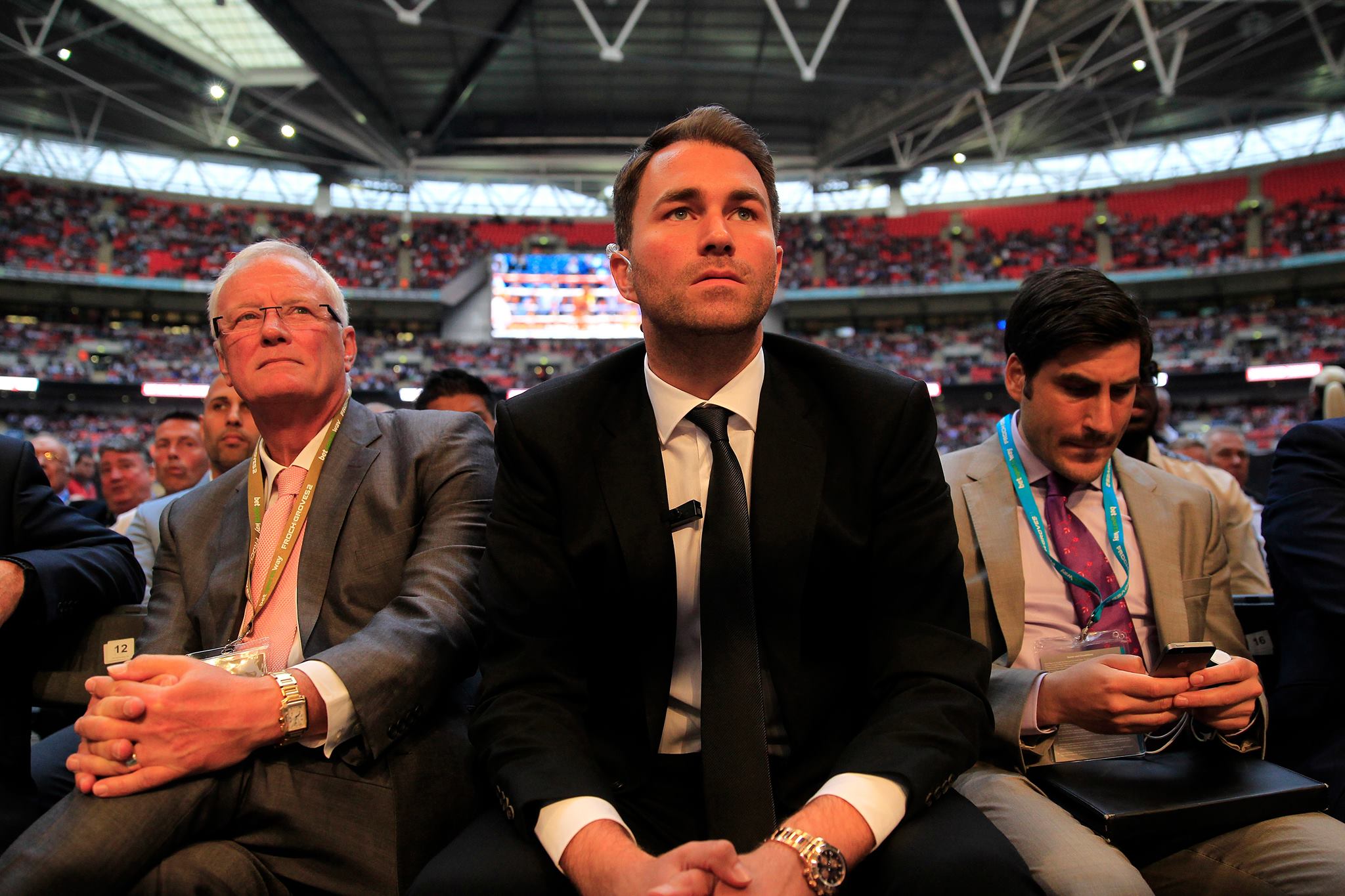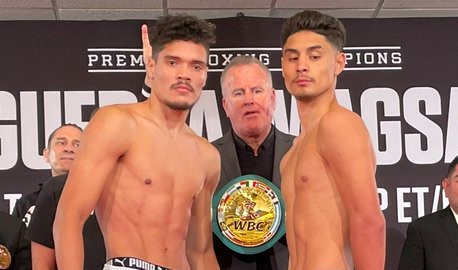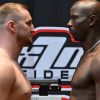By Sean Crose
Heavyweight Skipp Scott stepped into the ring on the night of April 4th with an impressive record of sixteen wins and one defeat. And that one defeat was the result of his first bout way back in February of 2006. In other words, he was no tomato can. Skipp’s opponent that evening was heralded prospect Gerald Washington, who boasted a perfect record of eleven wins and no loses.
“I think this fight is a bit of a question mark here,” claimed a Fox Sport’s ringside commentator. In short, it looked to be an interesting affair. And indeed, it proved to be just that. It certainly wasn’t interesting in a way anyone could have hoped for, however.
After a close first round, where Scott actually pushed Washington to the ground, things got ugly. For, although the second started slowly, things took a strange turn when Washington landed a solid shot flush on his opponent. Scott held, then sagged to one knee.
Then Washington hit Scott again, while he was down, to the body. Scott was able to beat the count, but then started to stumble on his feet before the fighting resumed. Referee Lou Moret subsequently stopped the bout. Washington won, but the victory came with controversy.
Kerry Daigle, Scott’s promoter, was furious. Truth be told, he had good right to be. You simply can’t hit a man when he’s down. That’s written, clear as day, in the Queensbury Rules, which modern boxing regulations are based on. Could Scott have gotten up to win, however, had he not been hit with that final shot?
“I’ve always,” Scott – a polite, likeable individual – told me over the phone. “gotten up from a knockdown to win.” It’s safe to say Daigle and the rest of team Scott agree, for Scott’s camp went on to file a protest with the California Boxing Commission after the fight.
“I know they have all the information,” Scott said to me. “Now we’re just hoping and praying that they do the right thing.” And what does Scott believe the right and just decision should be? “Disqualification. If they feel they can’t do that…then a no contest.”
How the commission will actually rule is anyone’s guess. Nor is it my place as a boxing writer to say whose side the commission should take. I’m not a lawyer, nor am I a boxing official of any kind. On top of all that, I’m familiar with Gerald Washington. In fact, I’ve even interviewed the man and found him to be quite personable.
Still, Scott was indeed hit after he was down. It’s also worth noting that the man entered the fight as a legitimate opponent, not some tuneup. In other words, Scott was there to win, not just to collect a paycheck. If he and his camp want to push the issue, they’re certainly well within their rights to. After all, Scott, like Washington, is looking to rise within the heavyweight ranks. As Scott said: “It’s a wide open division.”
One thing is certain in this uncertain situation, Scott’s team – particularly Daigle and famed trainer Jesse Reid – have most certainly stuck by him. “Both said they’re not stopping,” Scott told me. “They’re not quitting until we have justice done in this.”
It’s worth asking, though, how things will turn out for Scott if the commission doesn’t rule in his team’s favor. Unfortunately, the answer is unclear. For unlike Washington, Scott doesn’t have a powerhouse like Al Haymon behind him to help his career along. Still, it’s worth noting that a loss (or even several loses) didn’t stop the likes of Jack Dempsey, Joe Louis, or even Wladimir Klitschko from attaining the heavyweight title.
“Never,” F. Scott Fitzgerald once claimed, “confuse a single defeat with a final defeat.”


















